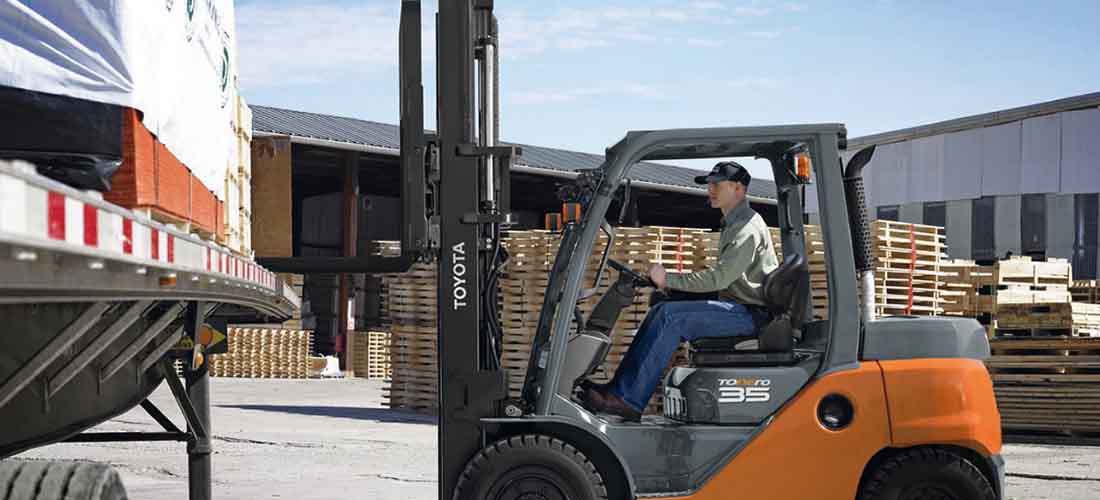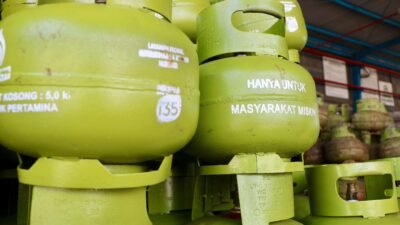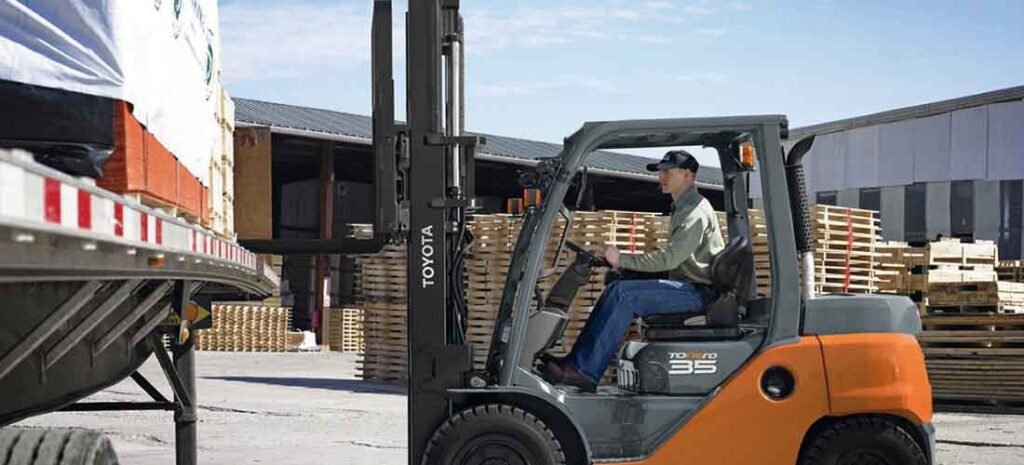As the world looks for cleaner and more sustainable energy sources, bioethanol is quickly emerging as a strong contender to replace traditional gasoline. Several countries, including Indonesia and Brazil, are pushing forward with policies aimed at increasing the use of bioethanol in transportation. However, while the environmental and economic benefits are clear, there’s one major obstacle standing in the way: excise taxes.
In a recent video that’s making waves across digital platforms, energy experts warn that without a proper regulatory framework, bioethanol’s growth could be stifled before it even begins.
🌱 What Is Bioethanol and Why Does It Matter?
Bioethanol is a type of renewable fuel made from plant-based materials like sugarcane, corn, and cassava. It burns cleaner than gasoline, emitting fewer greenhouse gases and harmful particulates. As countries aim to meet net-zero emissions targets, bioethanol offers a realistic short-term solution to reduce reliance on fossil fuels.
Notably, unlike electric vehicles which require infrastructure overhauls, bioethanol can blend seamlessly with existing fuel systems, making it an attractive transitional energy source.
🚗 Replacing Gasoline: Easier Than You Think
Governments are already testing bioethanol blends in public transportation and consumer vehicles. Trials show that vehicles running on a bioethanol-gasoline mix (such as E5 or E20) can perform efficiently with minimal engine adjustments. Moreover, local production of bioethanol supports agricultural industries and reduces dependence on imported oil.
Indonesia, for example, has set an ambitious plan to develop bioethanol hubs in Java, with production sourced from cassava. The shift could save billions in fuel subsidies while stimulating rural economies.
⚖️ Excise Taxes: The Unseen Barrier
Despite these advantages, excise taxes remain a major stumbling block. In many regions, bioethanol is still taxed at the same rate as conventional fuels, even though it’s cleaner and often more expensive to produce. These taxes make bioethanol less competitive in price, discouraging both producers and consumers.
Energy stakeholders argue that unless the government revises the excise tax policy, bioethanol adoption will remain limited. They call for tax incentives or exemptions to level the playing field and accelerate green energy transformation.
📉 What’s at Stake?
If excise taxes aren’t addressed, the country could miss a critical opportunity to reduce emissions and cut long-term fuel costs. Additionally, the domestic bioethanol industry — still in its early stages — might fail to scale up due to lack of demand.
This could also delay broader energy transition goals and keep nations dependent on fossil fuel imports.
🚀 The Way Forward: Policy Reform and Public Support
To unlock the full potential of bioethanol, governments need to introduce clear policies, fiscal incentives, and public education campaigns. Transparent communication about pricing, benefits, and environmental impact is crucial to win public trust.
Furthermore, investment in local production facilities and partnerships with farmers can ensure a sustainable supply chain that supports both the economy and the environment.
🔚 Conclusion: A Green Future Needs Smart Policies
Bioethanol has the potential to transform the fuel industry and help countries meet climate goals faster. But unless governments resolve the issue of excise taxation, this promising solution might stay stuck in neutral.
The time to act is now. With the right reforms, bioethanol can go from buzzword to game changer — leading us toward a cleaner, more energy-independent future.













